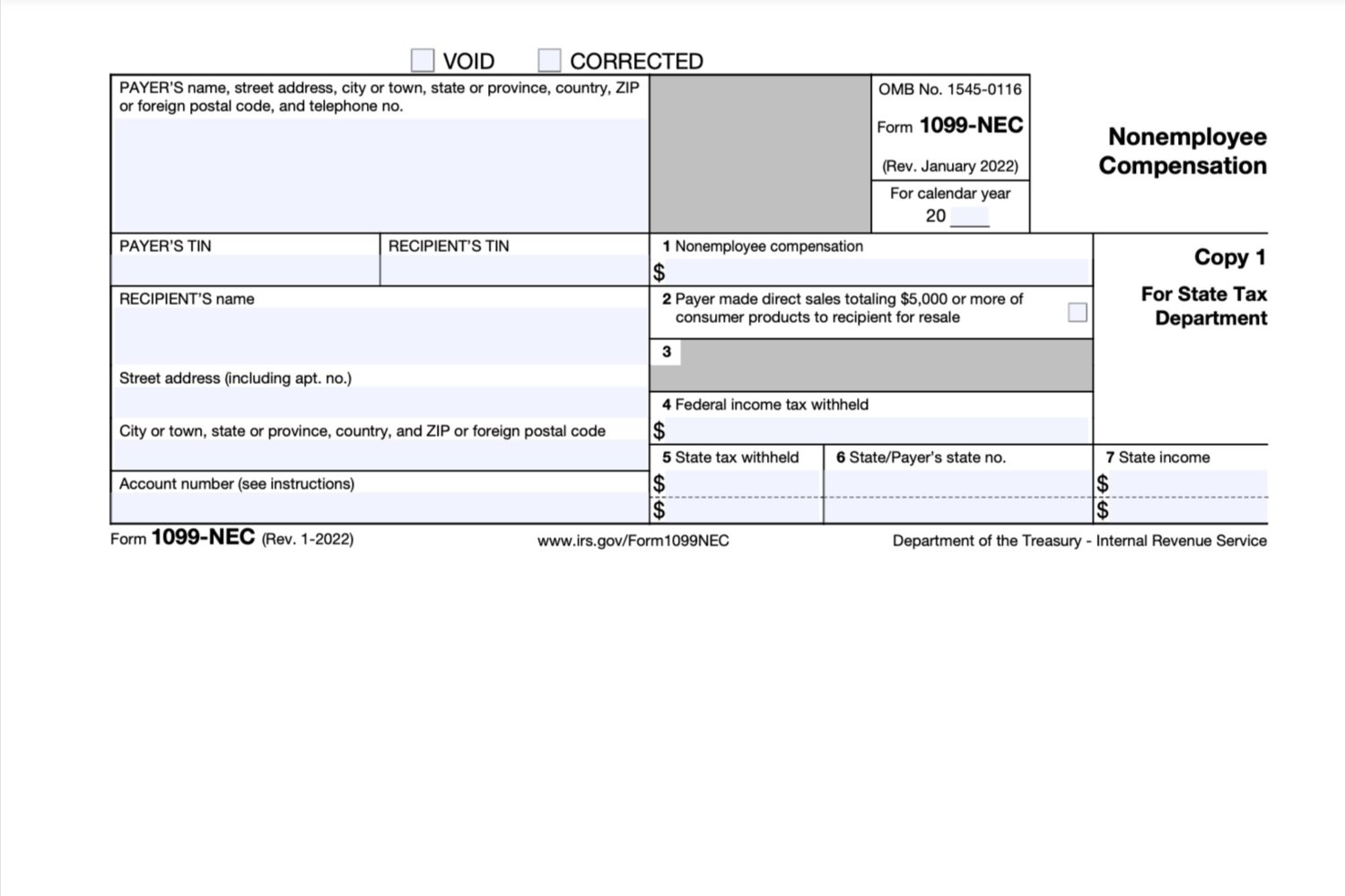
10,000 work miles x $0.56 mileage rate = $5,600 deduction. Renewing vehicle licensing or registration;

In addition to your mileage, you can also deduct parking fees and tolls related to your work.
Tax deductions for delivery driver. There are a few other deductions you can take as well. If you keep careful records, you can. Answer simple questions about your life and we do the rest.
This is the easiest method and can result in a higher deduction. It�s essential to keep track of all of the miles you drove for business. If you do nothing else, keep track of your mileage.
Fuel costs the cost of repairs, servicing and running of your vehicle the costs of your annual road tax and your mot test In 2021, this would look like: The thing is, there�s a.
10,000 work miles x $0.56 mileage rate = $5,600 deduction. Motor vehicle travel between offices, visiting clients or for training purposes. That means more money back in your pocket that you can use on your own business or anything.
What are the to expense deductions for delivery drivers? Generally speaking, you may be eligible to claim: Interest for large purchases for delivery (such as for a bike or scooter) is deductible for the business percentage of the use of that item.
What can delivery drivers claim on tax returns? Careful—you can’t deduct both mileage and gas at the same time! Here are a few that all delivery drivers should know about:
Like any business, there is a range of tax deductions you could claim as a delivery driver. Renewing vehicle licensing or registration; In addition to your mileage, you can also deduct parking fees and tolls related to your work.
If you have had to pay interest for a ppp loan, that is a business loan and interest is deductible. Using this method, you’ll track your business mileage and simply multiply the total number by the set tax rate for that tax year. The general rule surrounding claims is that any expenses that you have incurred which are ‘wholly and exclusively’ for your work are tax deductible.
Courier bags, hot bags, and blankets many delivery drivers purchase insulated blankets and bags to keep food warm. Insurance & registration car insurance, roadside assistance, registration costs, etc. To use this method, multiply your total business miles by the irs standard mileage rate for business.
Commonly overlooked expense deductions for delivery drivers. 10,000 / 20,000 =.5 or 50%. The general rule on tax deductions for independent contractors is that you can take ordinary and necessary business expenses.
Gas insurance maintenance & repairs registration depreciation Ad turbotax® makes it easy to get your taxes done right. It’s not uncommon for delivery drivers and couriers to overlook miscellaneous business expenses.
For most people, taking the standard mileage deduction gives the biggest deduction. $5000 x.5 = $2,500, which is the amount you can claim. For grubhub drivers, your main expense will be mileage.
Your total auto expenses are $5,000. Mileage most drivers are best off taking the standard mileage deduction. Your total miles are 20,000.
The most common tax deductions for delivery drivers and shoppers are: This includes miles that you drive to your first delivery pickup, between deliveries, and back home at the end of the day. Standard mileage deduction the easiest way to apply deductions as a rideshare driver is using the standard deduction method.
There are many apps you can use to automatically track your miles. When using the mileage method: Insurance & registration car insurance, roadside assistance, registration costs, etc.
Your total business miles are 10,000. Remember, the more deductions you can legally claim, the less income you have to pay taxes on. Car expenses you can claim only the costs of your car related to business use.
Here are some common expenses you may be able to deduct: The irs lets you write off 56¢ for every mile you drive as part of your delivery business (for 2021). Miles driven with the delivery item in your car or between item pickups are tax deductible.
This includes any cash fares and tips you receive while driving. If you drive 20 business miles a day on deliveries, that could be up a $2,568 mileage deduction at tax time (assuming you work five days a week for a year). Commissions, licensing or service fees paid to the food delivery platform you deliver for;
Expenses you can deduct passenger goodies